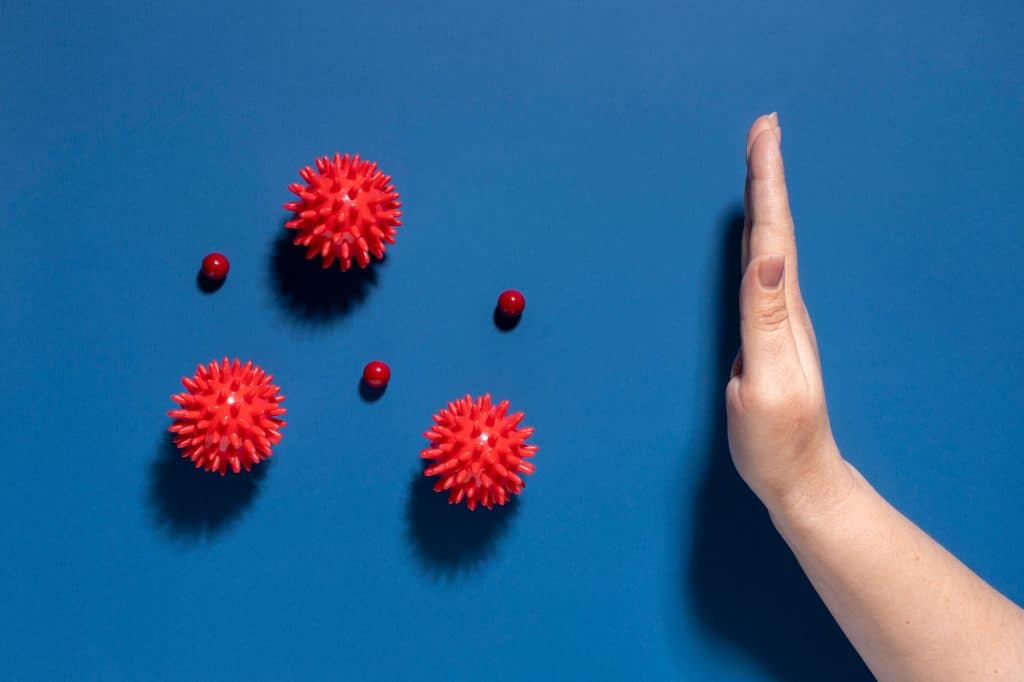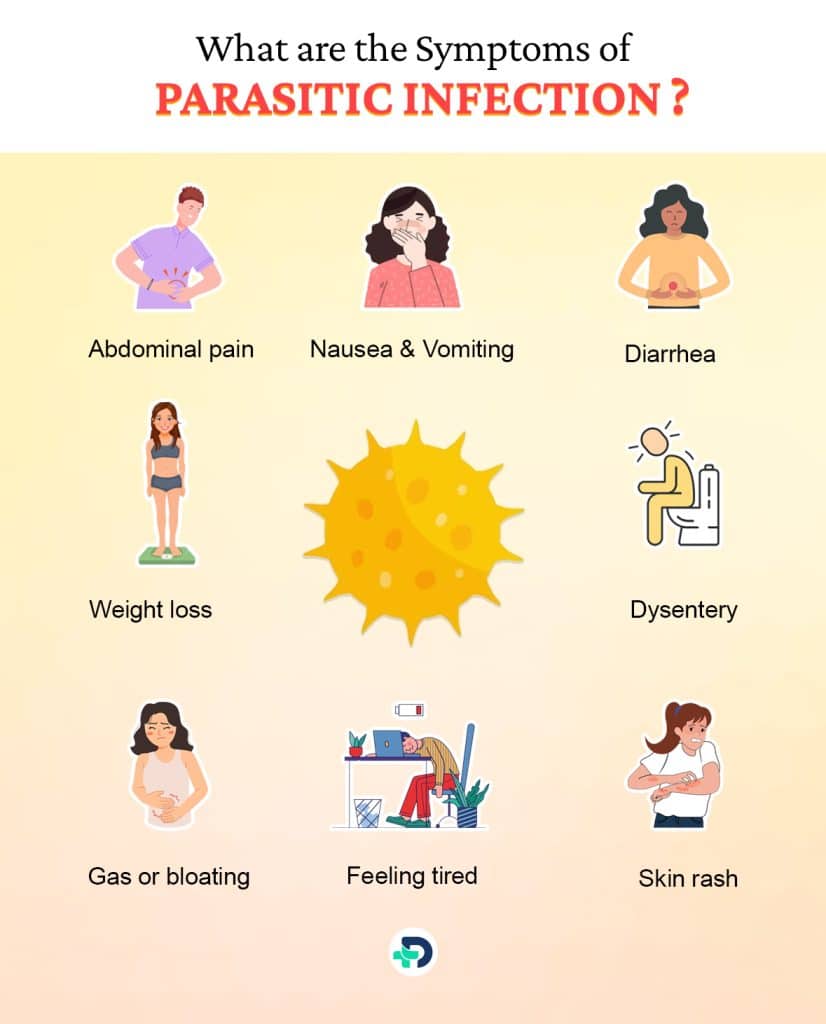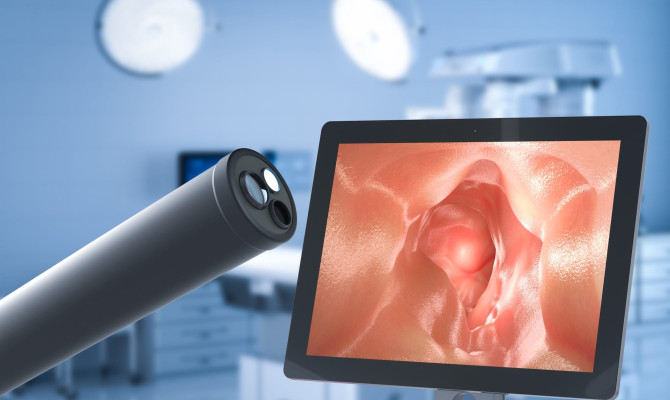Parasites: What are they and How dangerous they could be?

- Parasites
- 22 Aug 2023
Overview
What are Parasites?
A parasite is typically an organism-a living thing- that depends on another organism -the host – to get food and habitat by living in or on it.
Parasites can be generally classified into three types ; protozoa, helminths and ectoparasite, each require a specific type of treatment and according to the severity of case.

What is a parasitic infection ?
- Parasitic infection is typically the invasion of the body by a parasite then it starts living in it , consuming food and nutrients with or without harming body cells and causing diseases.
- It can cause fatigue , fever, intestinal symptoms like nausea , vomiting and diarrhea , skin rashes or neurological symptoms.
Types
What are the types of Parasites?
The three common categories of parasites are:
- Protozoa
- Helminths
- Ectoparasite
Helminths ( Worms )
Helminths ( worms ) usually live in your gastrointestinal system and they are visible to the naked eye if they grow to the adult stage , the main types of worms are ;
Flukes (Trematodes)
- The name refers to flatworms that are basically transmitted to humans through contaminated water or aquatic animals like fish , snails and crabs.
- Flatworms may infect your liver , urinary bladder , liver and other organs.
Tapeworms (Cestodes)
- They are long and flat . They typically live in the intestine and consume nutrients that humans get from food. Their eggs spread through contaminated water and food and also through meat that hasn’t been cooked well.
Roundworms (Nematodes)
- Small Parasites that live in human’s intestine.
Thorny-headed worms (acanthocephalins)
- They are common in domestic animals.
Ectoparasites
An Ectoparasite lives outside of the body and They are mainly considered vectors that carry infections between humans and animals . Also , a large group of them are considered blood-sucking arthropods that feed on human’s blood . They include ;
- Head lice and Pubic Lice
- Ticks
- Mites
- Fleas
Protozoa
- They are once-celled organisms that can’t be seen by naked eyes but only with a microscope . They are able to multiply inside human’s body into huge numbers and produce severe infection .
- They can live inside your intestine if they were transmitted to you by contaminated water and food or they can live inside blood and tissue if they were transmitted by the bite of a vector.
There are very multiple types of Protozoa but scientists classify them based on their way of movement ;
- Sarcodina ( Ameba ) : Entameba Histolytica moves by false feet and causes dystentry .
- Ciliophora ( Ciliates ) : They have their name because of their very short hair like feet (cilia) . Balantidium coli (B. coli) causes dysentry and it’s the only type that can infect humans.
- Mastigophora ( Flagellates ) : Using their feet that look like whip , they can move. Some types are Giardia lambia that causes Giardiasis and Leishmania that causes Leishmaniasis .
- Sporozans ( organisms that can’t move in their adult stage) : Some types are Plasmodium that causes Malaria and Cryptosporidium that causes Cryptosporidiosis.1Types| Researched based study from Clevelandclinic.org ,2Types| Researched based study from Cdc.gov
Other examples of Disease causing parasites are:
- Cyclosporiasis
- Leishmaniasis
- Schistosomiasis
- Strongyloidiasis
- Trichomoniasis
Are Fungi a parasite ?
- Yes , Fungi can be either a parasite or a saprophyte ( organisms that obtain their nutrients by decomposing dead organic matter ) . So , Some fungi obtain nutrients by living on or inside other organisms, getting nourishment at the expense of their hosts and called parasites. They are posses the ability to infect animals , plants and even other fungi. Examples are ringworms that cause athlete’s feet disease.
Symptoms

What are the Symptoms of Parasitic infection ?
Although parasites can live inside our bodies for years without causing symptoms , when they do they cause the following :
- Abdominal pain
- Nausea and Vomiting
- Diarrhea
- Weight loss
- Dysentery
- Gas or bloating
- Feeling tired or exhausted
- Passing worms in your stool
- Skin rash or itching especially around the anus and vagina area .3Symptoms| Researched based study from Mountsinai.org
Causes
How do we get Parasite infection ?
Popular causes of getting parasite infections are :
- Travelling to areas known by having parasites
- Not washing our hands before eating or drinking
- Unsafe Sexual contact
- Not bathing frequently
- Contaminated foods , water , blood and soil
- Having a weak immune system
- Tick bites, mosquito bites or bites from other insects that carry parasites1Causes| Researched based study from Clevelandclinic.org
Transmission
How can Parasites be transmitted to you ?
There are several routes from which we can have parasitic infection such as ;
- By Animals, example roundworm infection
- By Food like, Tapeworm infection
- Transmission by Water like, amebiasis, schistosomiasis.
- Transmission of parasites by Blood for example Leishmaniasis
- Malaria and Dengue are transmitted by Insects 2Transmission| Researched based study from Cdc.gov
Diagnosis
How can Parasite infection be diagnosed ?
Here are some tests that your HCP will require to know if you have a parasite infection or not .
Physical examination
- Your doctor will start by examining your body. They’ll look for any marked itching, bite marks or rashes.
- Your doctor might also be able to detect it on your hair, clothing or skin.
Stool Examination
- This test is done to search for parasites that live in our intestine and cause diarrhea, watery stools, abdominal pain and cramps, flatulence (gas) and other abdominal illness.
- Usually Three stool specimens are taken from you on separate days.
- This test searches for eggs or the parasite or both .
- Your doctor will tell you to put your stool samples into a special container filled with preservative fluid.
Enteroscopy or colonoscopy
- If the stool exam can’t detect what type of parasite you have, your doctor might ask for an enteroscopy or colonoscopy to reach diagnosis which is a little bit more invasive.
- These methods depend on using a long thin tube with a small camera at the end (endoscope) to have a look into your body.
- If using enteroscopy, the endoscope passes through your mouth and enters your small intestine.
- But if using a colonoscopy, the endoscope is passed through anus and eventually enters your large intestine.
Blood tests
Testing your blood can reveal the presence of specific parasitic infections.
Each blood test focuses on detecting a specific parasite infection, meaning that no single blood test can encompass all possible parasitic infections.
There are two kinds of blood tests that your provider may order:
- Serology Tests: analyzes our blood for the presence of specific antibodies that our bodies produce in response to a specific parasite. Also, antigen tests aim to identify parasite antigens carried by the parasite itself.
- Blood smear: It is performed to detect the presence of parasites that reside within the bloodstream. This is done by examining the blood smear under the microscope. By conducting this test, parasitic diseases like malaria ,filariasis or babesiosis can be identified.1Diagnosis| Researched based study from Clevelandclinic.org
Imaging
Some types of parasites cause injury in your intestine and these injuries can be filmed or seen by methods like ;
- X-rays
- Magnetic Resonance Imaging (MRI)
- Computerized Axial Tomography (CAT)1Diagnosis| Researched based study from Clevelandclinic.org
Treatment
How are Parasites treated ?
There are several options your provider could offer to get rid of parasites from your body but treatment typically depends on type of parasite and severity of your condition.
Your doctor may offer ;
- Antiparasitic drugs which may be antihelminths , antiprotozoal or Ectoparasiticides.
- Antibiotics
- Antifungals Shampoos & Ointments1Treatment| Researched based study from Clevelandclinic.org
For specifically treating ectoparasites such as lice, fleas, and ticks, your doctor may also regularly recommend to :
- Bathe with soap.
- Wash your clothing and bed sheets in hot water.
- Vacuum mattresses, carpets, and furniture regularly, and when doing so, make sure to empty the vacuum bag into the outdoor trash.
What are other ways to effectively get rid of parasites?
In addition to taking prescribed medications, strengthening your immune system through dietary improvements and supplements can help in the quicker elimination of parasites from your body. However, Before trying any alternative therapies, check with a doctor. They may interfere with medications you are taking.
The following are some options of supplements:
- Raw garlic.
- Pure honey.
- Fiber.
- Beets
- Carrots.
- Zinc.
- Pumpkin seeds.
- Probiotics.
Prevention
How to prevent Parasite infection ?
The following tips can help prevent parasitic infections:
- Wash your hands regularly using clean water and antibacterial soap. You should do this before eating , after handling undercooked and raw meet , after handling human poop like diapers or pet poop.
- Bathe or take a shower regularly : Wash your body with warm water and preferably soap. Also make sure to wash your hair, between your toes, your belly button and in and behind your ears.
- Drink clean water : Make sure youdon’t drink any water from lakes, or streams without putting it to a boiling water for at least one minute.
- Cook meat to its recommended internal temperature.
- Carefully protect your body from bites of insects. This could be done by wearing long-sleeved tops and long pants when traveling through the woods or to green fields.
- Check your pets regularly : By using a special comb to clean insects. Your veterinarian can advise you on what preventive products you could give your pets.
- Practice safe sex. condoms should be put on each time you practice sex. Condoms are helpful to prevent the spread of Trichomonas vaginalis, that causes the disease trichomoniasis (trich).
- Wash your personal items regularly : Clothes, Bed sheets and any other personal items are to be washed in hot water with any known detergent.4Prevention| Researched based study from Nhs.uk
Any feedback on this article?
 This Articles content was accurate
This Articles content was accurate Very Informative Article
Very Informative Article I have a question or a comment
I have a question or a comment
 This article contains inaccurate content
This article contains inaccurate content This article was not helpful
This article was not helpful I have a question or a comment
I have a question or a comment
We appreciate your helpful feedback!
Checkout our social pages
References
-
Cleveland Clinic
Parasites | Types | Causes | Diagnosis | Treatment
-
Centers for Disease Control and Prevention
About Parasites | Types | Transmission | Diagnosis
-
Mount Sinai
Intestinal parasites | Types
-
National Health Service
Worms in humans | Prevention




































